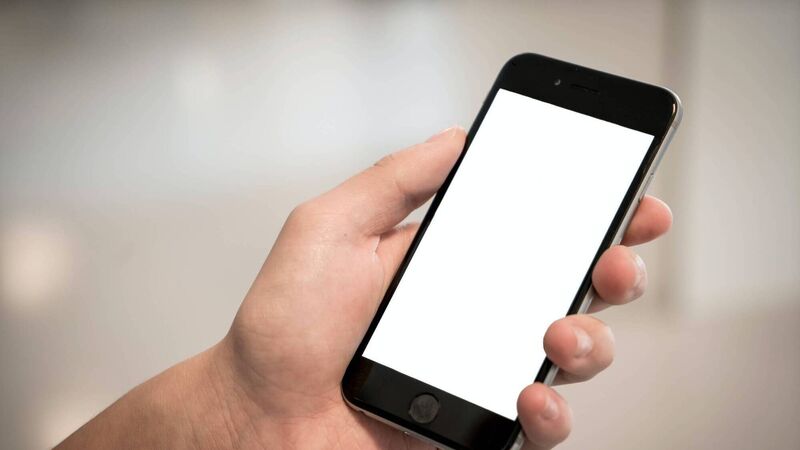Bernard O'Shea: I swapped my smart phone for a 'dumb' phone — and I'm so glad I did

I tried digital detoxes, and every fad going to wean me off the digital dopamine hits. Nothing worked.
Last week I lost my phone.
I was, embarrassingly, in a panic. To think that this device that wasn’t even a thing for 30 years of my life inflicted this emotion is scary.







